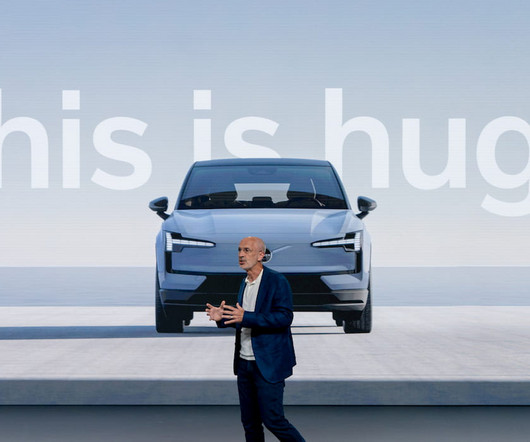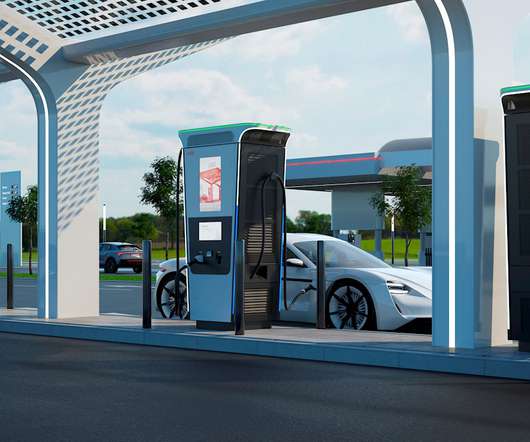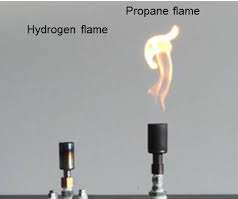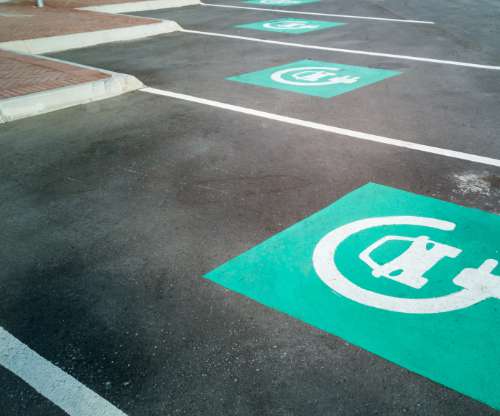European Commission proposes 2030 ZEV target for new city buses, 90% CO2 reductions for new heavy trucks by 2040
Green Car Congress
FEBRUARY 15, 2023
The Commission is not pursuing a pathway for the use of renewable and low-carbon fuels under the proposal. In the Commission’s view, a mechanism on renewable and low carbon fuels would create an incentive to redirect fuels needed to decarbonize sectors with fewer alternatives—such as aviation and maritime—to road transport.












































Let's personalize your content